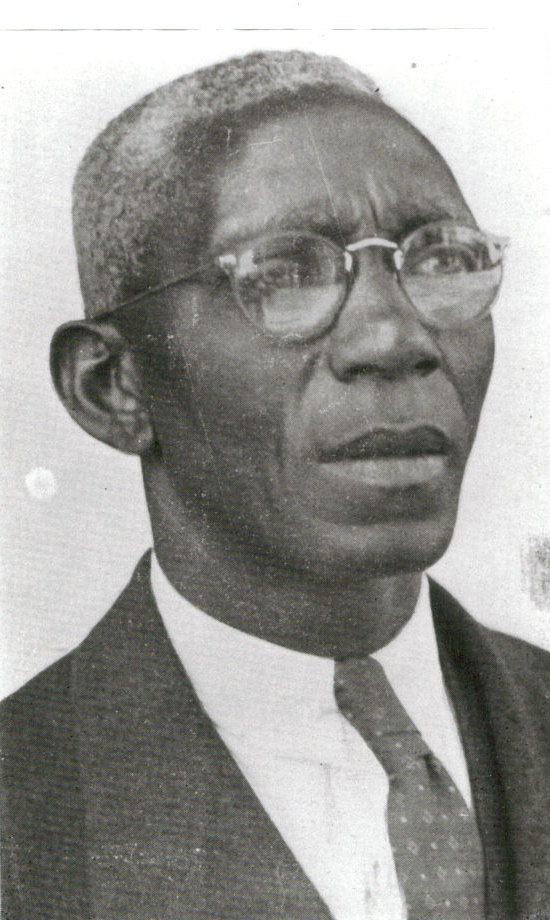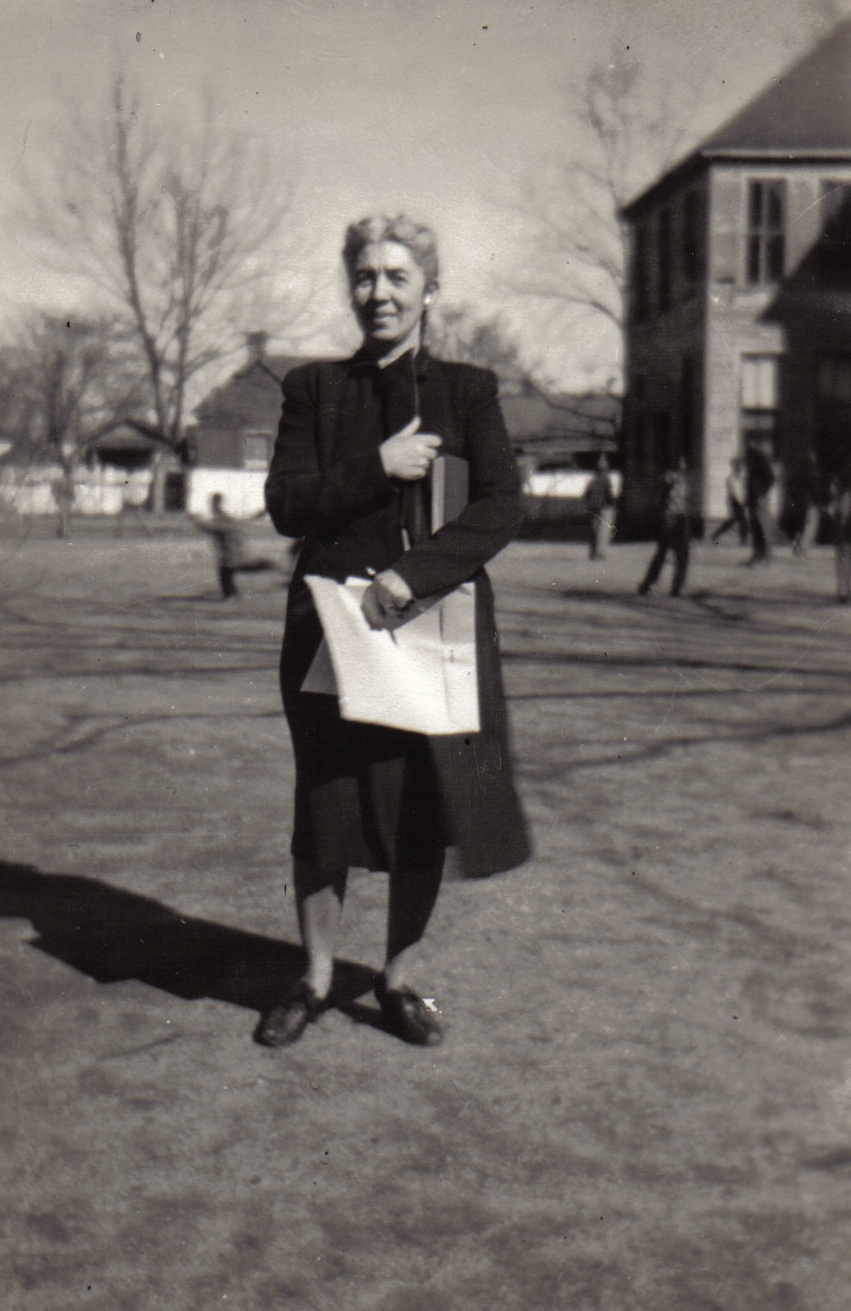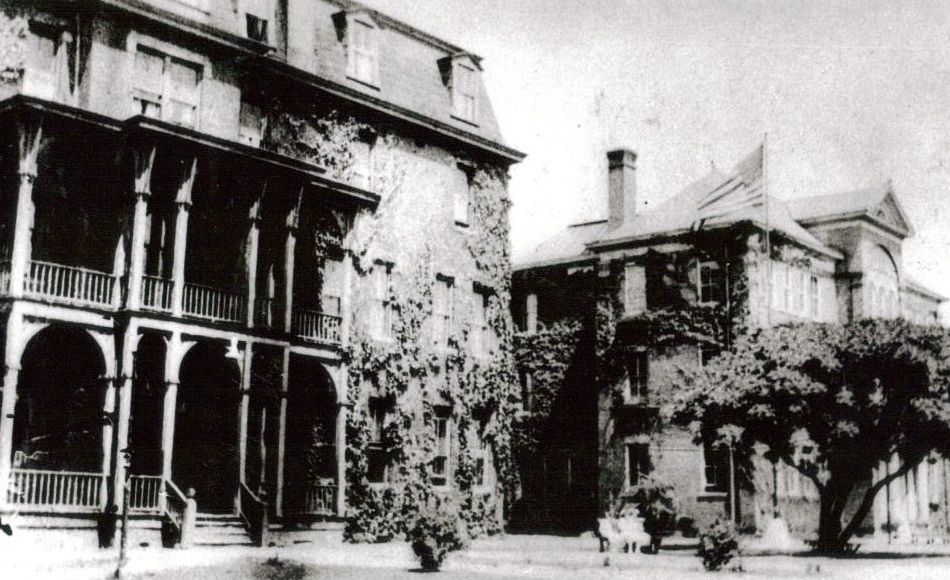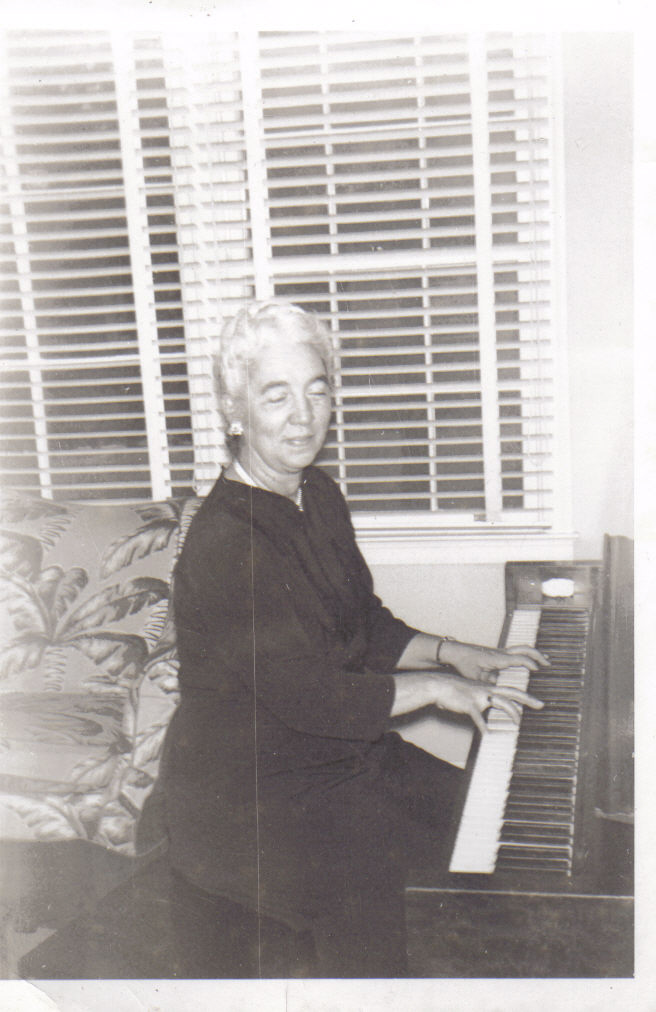John McClendon Tutt
John McClendon Tutt was born on January 14th, 1886, the son of John Tutt and Clara Clemons Tutt. Orphaned at an early age, John came under the tutelage of Lucy Craft Laney, whose reputation for uplifting the youth in the Augusta area and providing them with the educational and social skills to survive in the post-Civil War South was becoming legendary. John attended the private boarding school established by Ms. Laney in the 1880’s, the Haines Normal and Industrial Institute, and quickly began to distinguish himself as a student with an overwhelming grasp of all things academic. He graduated from Haines in 1902 at the age of 15.
After completing his studies at Haines, he received an academic scholarship to Lincoln University, an all-boys school in Chester County, Pennsylvania. During his time at Lincoln, John distinguished himself as an outstanding scholar. On June 6th, 1905, a proud John Tutt graduated with a bachelor’s of arts degree from Lincoln University. At the commencement he was given the honor of delivering Salutatory and received the Bradley Medal for best standing in scientific studies. When he addressed his fellow classmates, faculty and staff he did so in Latin. This was a direct reflection on the curriculum presented to him by Lucy Craft Laney at the Haines Institute. In addition to his Bachelor of Arts degree, he remained an extra year to complete a Master’s degree as well. In 1949, Lincoln University, his alma mater, awarded him a Doctor of Pedagogy (honorary).
Throughout his career he would continue to enhance his educational abilities by taking courses at Paine College, Fort Valley State College, Florida A & M, and the Teacher’s College of Columbia University (1950-1953).2 After completing his initial studies at Lincoln, John moved back to Augusta to begin teaching Math at the Haines Institute (He taught at Haines from 1906-1949, and Lucy Craft Laney High School from 1949-1958. It is also important to note that after leaving Laney in 1958 he taught for 2 years at Boggs Academy in Keysville, Georgia and eventually came back to Augusta to substitute teach.)
John McClendon Tutt was one of the most respected coaches in Georgia. His tenure as coach of the Haines Institute as well as Lucy Laney High in later years was virtually unmatched by any other coach of his era or afterwards. More impressive was his ability to mold not only outstanding athletes, but to also promote what is now popularly accepted in American high schools and post secondary schools as the “scholar athlete.” Lucy Craft Laney herself, who often spoke of molding the “well rounded pupil”, no doubt instilled this in him. To do this he often employed what some may consider tough love. To many of his students it was just considered love. One of his former students once remarked that he would ride behind you at practice on his bike and if he saw you loafing or slacking off, he would often employ his “board of education” to whip you back into shape. Although Coach Tutt believed in this type of discipline, there was nothing he wouldn’t do for his students, including securing summer jobs in the North. J. Lawrence Cook, a young man from Alabama who attended the Haines Institute from 1914-1919, describes in his memoirs an incident involving Coach Tutt and his pending employment at the Mt. Everett Inn in South Egremont, Massachusetts during the summer of 1916:
“I had some trouble at the start of my trip, because local Whites resented so many of “their Negroes” going up North. The police held our train at the station for at least two hours while they searched every part of it for Professor Tutt, our math teacher who had organized this particular summer exodus. They didn’t find him….”
Although John had never participated in sports, he had an uncanny ability to execute plays on the gridiron, baseball diamond, hard court, and track, and was a first-rate motivator. He developed such great teams that he often found other high schools no competition. Therefore, he began playing many of the post-secondary institutions in the region, including South Carolina State College, Savannah State College, Paine College, Claflin College, Allen University, and Benedict College. He amassed a win record of 400 football, 800 basketball, and 300 baseball games. In 1916 his football team achieved an undefeated season. He even won the state basketball title with four players, because his fifth player fouled out in the third quarter. Coach Tutt also pitted his baseball teams against the Augusta Giants, a semi-professional team of exceptional skill and ability. This was another testament to the confidence that John Tutt exuded in his scholar athletes.
One of the dilemmas plaguing black college sports in the 1920’s and 30’s was adequate officiating. According to the History of the Southern Intercollegiate Athletic Conference:
“These officials were not the top ranked officials in most cases because most football games were played on Saturday and the white colleges and universities attracted the top officials in football and basketball. The fees were much different in black colleges and universities so the officials sent from the white official boards were in most cases not the experienced officials.”
John Tutt became a logical choice to initiate a Coaches and Officials Association. Ever since the early 1920’s he had made a concerted effort to organize officiating in the South. This began with him organizing an Officials Board in South Carolina for the purpose of officiating high school games in the state. After the establishment of the aforementioned, Coach Tutt began officiating for Black College games in both South Carolina and Georgia. He would eventually partner with Coach Bragg from Talladega College, and Coach Harvey from Morehouse to form an official Officiating Board to govern the SIAC. Coach Tutt worked closely with the officials to transform them into a very competent group and was used by colleges that were not members of the SIAC.
John Tutt’s involvement in sports transcended the Haines Institute and high school athletics. He was also one of the early pioneers in the Southern Intercollegiate Athletic Conference. The Atlanta Quarterbacks Club cited him for his service to athletics in 1956. In the same year he was given the “Distinguished Service Award” by Fort Valley College. A certificate of achievement was presented to him by the SIAC in December of 1958 for his contributions to the conference as an official. He was honored alongside such notables as Dr. Cleveland L. Abbott of Tuskegee Institute, H.A. Johnson of Fisk University, Dr. H. Trenholm, President of Alabama State University, T. H. Addison of Allen University, Dr. J.R.E. Lee, Jr., President of Florida A & M University, and J.L. Bywaters of Fort Valley State College. In 1959, the Thirteen Gentlemen Club awarded him a “Certificate of Outstanding Achievement” in the area of athletics and education. On March 15th, 1997, at the 6th Annual Hall of Fame banquet for the SIAC he was inducted into their hall.
Coach Tutt worked tirelessly in so many arenas. His involvement in the community is evident by the number of organizations he was a part of, including The Frontiers of America, The Boy Scouts of America, and as a charter member of the Alpha Chi Lambda chapter of Alpha Phi Alpha Fraternity, Inc. He was also a devout member of the Christ Presbyterian Church. During his tenure at Christ Presbyterian, he served as an Elder and a member of the Board of Trustees. In 1953, Kappa Alpha Psi Fraternity named him “Citizen of the Year.”
Not to be forgotten was Coach Tutt’s personal life. Just like his mentor, Lucy Craft Laney, John never had children. However, unlike Ms. Laney he did find time for companionship, and married Rosa Champnay Tutt. Rosa in her own right was extremely popular throughout the city, serving as a piano instructor and music director at Haines and Laney, and administering private lessons to hundreds of students in the Augusta area. When it came to looking out for the well-being of the children in Augusta, the couple made a formidable team.
Coach John McClendon Tutt died on July 13th, 1968 at the age of 82. Reassuring to his former students and athletes is that Coach Tutt’s legacy is alive and well in the Augusta area. John M. Tutt Middle School in Augusta, along with the Tutt-Dupree Field house at the Lucy Craft Laney Memorial Stadium are constant reminders to current and future generations that there was once a man in Augusta that asked nothing for himself, but gave so much to others. He only asked that young people put their best foot forward in the classroom and on the sports field. Reverend Nathaniel Irvin, a former student and athlete at the Haines Institute (1945-1949) and close friend of Coach Tutt for almost 40 years describes him as “an inspirer of mankind.” On May 19th, 2007 John Tutt received the highest honor one can achieve in the realm of sports in Georgia. He was inducted posthumously into the Georgia Sports Hall of Fame in Macon, Georgia. In addition, June 13th, 2007 was declared “John M. Tutt Day” in Augusta, Ga. This was a fitting tribute to Coach, Prof, Professor, “Father of the Peoples Children”, John McClendon Tutt.






